The favorite job interview questions of Elon Musk, Richard Branson, and 26 other highly successful executives
What didn't you get a chance to include on your résumé?

On a scale of one to 10, how weird are you?
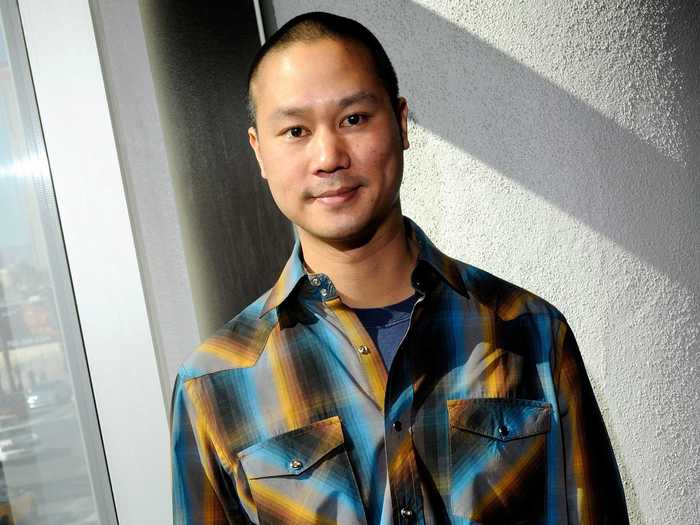
One of Zappos' core values is to "create fun and a little weirdness," Tony Hsieh, CEO of the company, tells Business Insider.
To make sure he hires candidates with the right fit, Hsieh typically asks the question: "On a scale of one to 10, how weird are you?" He says the number isn't too important, but it's more about how people answer the question. Nonetheless, if "you're a one, you probably are a little bit too straight-laced for the Zappos culture," he says. "If you're a 10, you might be too psychotic for us."
Another question Zappos usually asks candidates is: "On a scale of one to 10, how lucky are you in life?" Again, the number doesn't matter too much, but if you're a one, you don't know why bad things happen to you (and probably blame others a lot). And if you're a 10, you don't understand why good things always seem to happen to you (and probably lack confidence).
What would the closest person in your life say if I asked them, 'What is the one characteristic that they totally dig about you, and the one that drives them insane?'
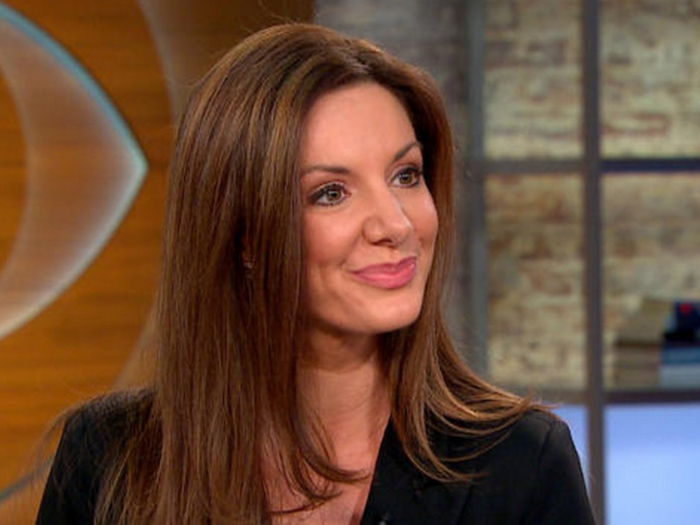
Kat Cole, group president of FOCUS Brands, tells Adam Bryant in a New York Times interview that before asking questions, she likes to see how job candidates interact with people in the waiting area.
"I'll ask people to offer the candidate a drink to see if there's a general gratefulness there, and they'll send me notes," she tells Bryant. "Then, when someone walks into my office, I'll have a big wad of paper on my floor between the door and the table. I want to see if the person picks it up. I don't make huge judgments around it, but it does give me a sense of how detail-oriented they are."
After some conversation, she finally says: "Tell me about the closest person in your life who you're comfortable talking about. What would they say if I asked them, 'What is the one characteristic that they totally dig about you?'"
Then she'll say: "What is the one characteristic that drives them insane, and that they would love for you to do just a little bit less?"
"People are pretty comfortable talking about that because I've pinpointed a person and a point of view," she tells the Times.
You are standing on the surface of the Earth. You walk one mile south, one mile west, and one mile north. You end up exactly where you started. Where are you?
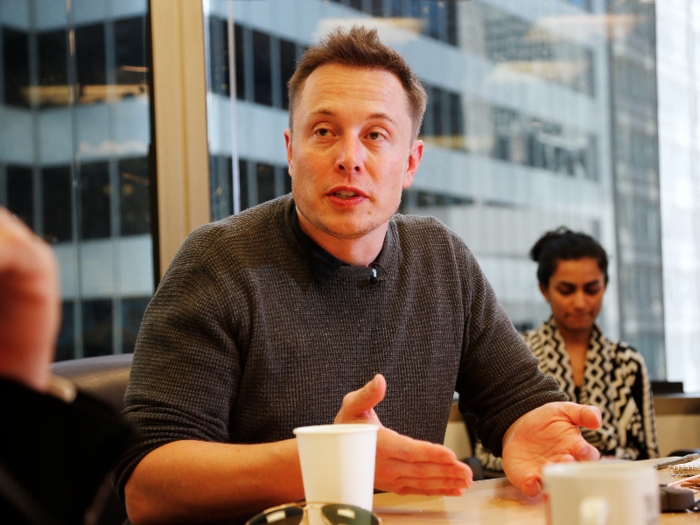
According to the biography "Elon Musk: Tesla, SpaceX, and the Quest for a Fantastic Future," the Tesla and SpaceX CEO likes to ask candidates this riddle to test their intelligence.
There are multiple correct answers, and one is the North Pole.
On your very best day at work — the day you come home and think you have the best job in the world — what did you do that day?
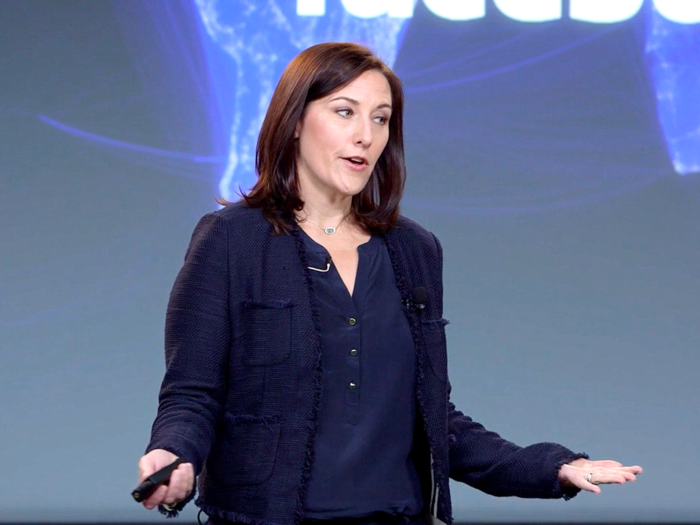
Business Insider's Richard Feloni recently spoke with Miranda Kalinowski, Facebook's global head of recruiting, about how the social media giant recruits top talent. She said that she and Lori Goler, the vice president of People Operations, ask this question to help them find employees who are a perfect fit.
Feloni reports that "they're looking to see what the candidate is truly passionate about, and if that innate interest fits into what Facebook is looking for."
They're also hoping to see if that candidate's drive and values align with Facebook's mission "to give people the power to share and make the world more open and connected."
What was the last costume you wore?
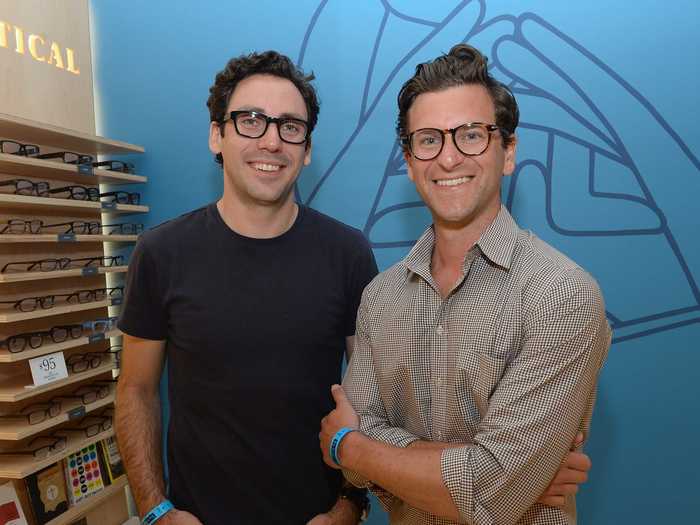
It doesn't matter so much what they wore, but why they wore it. If the candidate's reasoning matches Warby Parker's core value of injecting "fun and quirkiness into work, life, and everything they do," they might have a real shot at getting a job there.
"We find that people who are able to make the job environment fun build followership more easily," the company's cofounder and co-CEO David Gilboa tells Iris Mansour at Quartz. "If we hire the most technically skilled person in the world whose work style doesn't fit here, they won't be successful."
Give me an example of a time when you solved an analytically difficult problem.
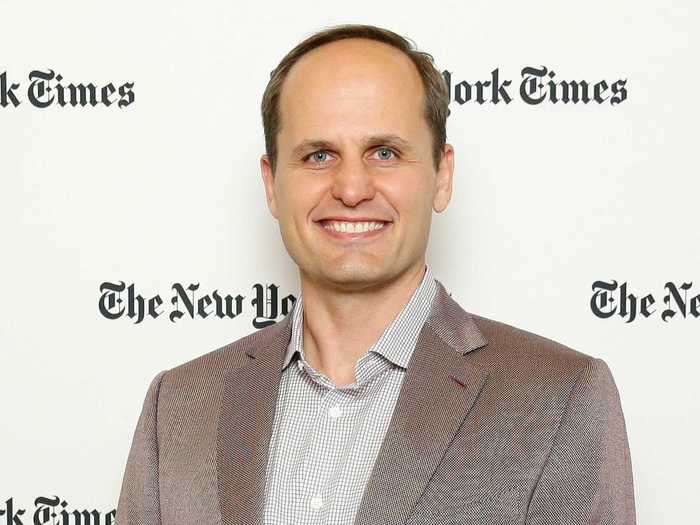
Laszlo Bock, Google's HR boss, says the company ditched its famous brainteaser interview questions in recent years for behavioral ones.
"The interesting thing about the behavioral interview is that when you ask somebody to speak to their own experience, and you drill into that, you get two kinds of information," Bock tells The New York Times. "One is you get to see how they actually interacted in a real-world situation, and the valuable 'meta' information you get about the candidate is a sense of what they consider to be difficult."
Tell me about your background.
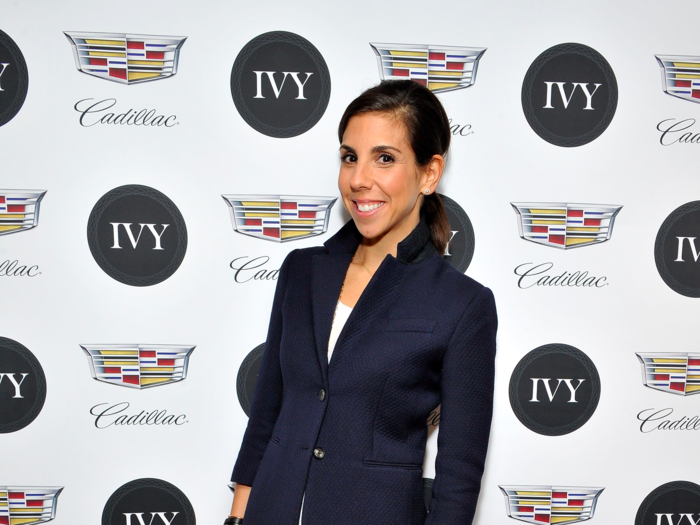
During a recent conversation with Adam Bryant of the New York Times, Melanie Whelan, CEO of the New York-based fitness company SoulCycle, says she always starts interviews with: "Tell me about your background."
"It's a great way to warm up any conversation, and it really helps me understand how you communicate. Are you linear, concise, and direct? Or are you a storyteller? Are you entertaining? Do you go off on tangents?"
If you were an animal, which animal would you be?
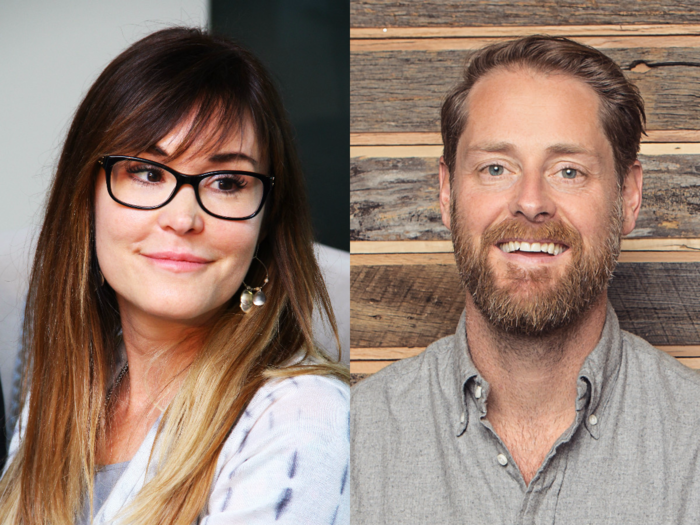
"The animal kingdom is broad, and everyone can identify with a specific animal they think embodies their own personalities and characteristics," Stormy Simon, president of Overstock, tells Business Insider.
"There are so many different human traits, where in the animal kingdom they put themselves, and why, really gives insight to the person answering the question. For example, just because you love dogs doesn't mean you would identify yourself as a dog," she explains.
Good answers, she says, are where the candidate picks an animal that they think truly personifies the traits that set them apart. "People have often chosen the same animal as other candidates, but the traits they describe have never been the same," says Simon. But they're not all good answers.
"One time an interviewee said they identified with a red panda because everyone thinks they are so cute and approachable, but it turns out they're just really lazy. We hired the candidate anyway despite that answer, but we parted ways within three weeks. It just goes to show how important the question is."
HootSuite CEO Ryan Holmes also likes to ask candidates, "What's your spirit animal?"
As he tells writer Jeff Haden, "During her interview, I asked my current executive assistant what was her favorite animal. She told me it was a duck, because ducks are calm on the surface and hustling like crazy getting things done under the surface," he says.
"I think this was an amazing response and a perfect description for the role of an EA. For the record, she's been working with us for over a year now and is amazing at her job," Holmes tells Haden.
Tell me something that's true, that almost nobody agrees with you on.
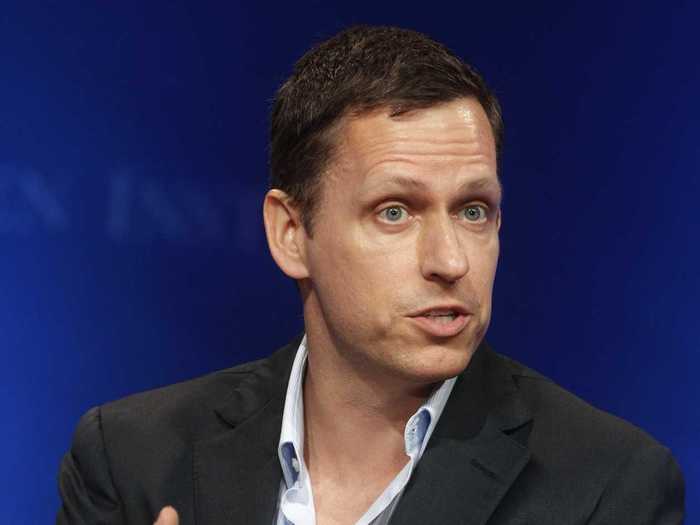
PayPal cofounder, managing partner of the Founders Fund, and president of Clarium Capital Peter Thiel always looks to hire people who aren't afraid to speak their minds, reports Business Insider's Aaron Taube.
To do this, he always gives job candidates and the founders of companies seeking an investment this interview prompt: "Tell me something that's true, that almost nobody agrees with you on."'
In a 2012 interview with Forbes, Thiel said the reason he loves this question is: "It sort of tests for originality of thinking, and to some extent, it tests for your courage in speaking up in a difficult interview context."
How would you describe yourself in one word?
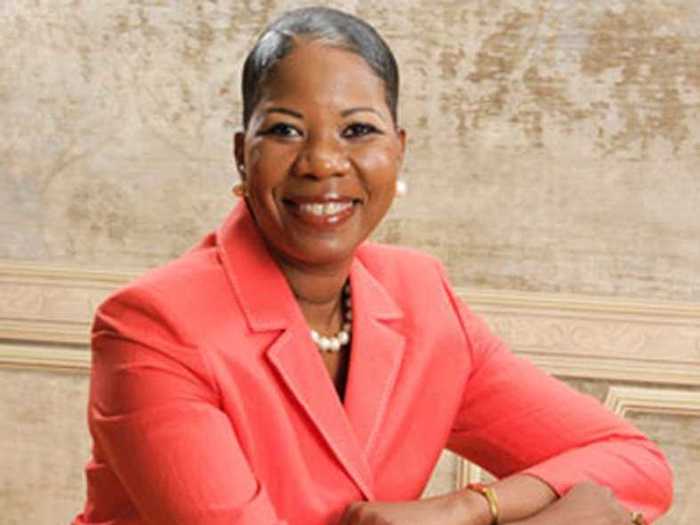
The best candidates are the ones who know exactly who they are. That's why Dara Richardson-Heron, CEO of women's organization YWCA, always asks her candidates this question.
Richardson-Heron says she doesn't judge people on the word they choose, but it does give her insight into how people package themselves. She tells Adam Bryant at The New York Times that she likes when people take time to ponder the question and answer thoughtfully.
What do you want to be when you grow up?
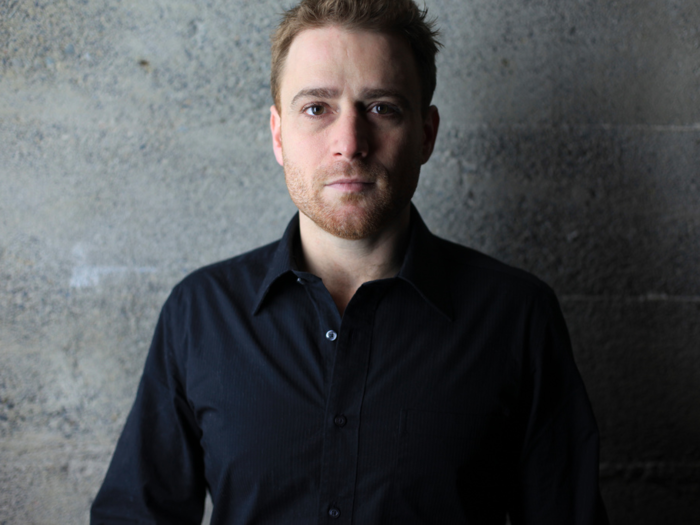
Stewart Butterfield, the cofounder of Flickr and chief executive of Slack, likes to ask job candidates this question we've been answering for our teachers and parents since we were kids.
"Good answers are usually about areas in which they want to grow, things they want to learn, things that they feel like they haven't had a chance to accomplish yet but want to accomplish," he tells Adam Bryant of The New York Times. "A very short answer to that question would be automatically bad."
What would someone who doesn't like you say about you?
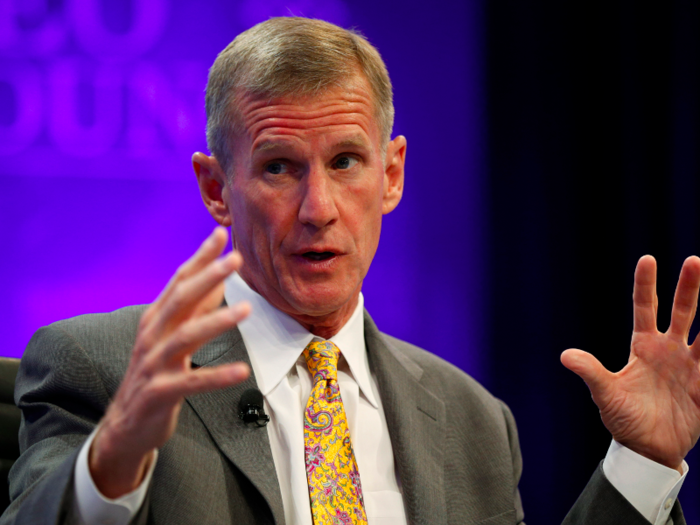
General Stanley McChrystal, founder of management consulting firm the McChrystal Group, tells "The 4-Hour Workweek" author Tim Ferriss on his podcast that this question "puts a person in the position of having to try to articulate what they think the perception of them by others is."
The response is less important than how it's delivered, as the question "forces candidates to consider their least attractive qualities and also muster enough courage to share them with someone who holds power over their careers," reports Business Insider's Richard Feloni.
Tell me about your failures.
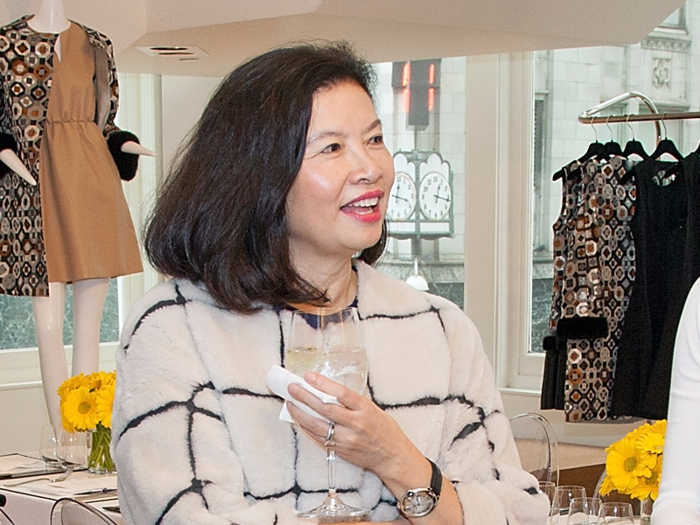
A good answer to this question is important because it means that the candidate isn't afraid of taking risks and will admit when things don't work out, says Jenny Ming, president and CEO of clothing store Charlotte Russe and former chief executive of Old Navy.
"It doesn't even have to be business; it could be life lessons. I think it's pretty telling. What did they do afterward?" she says. "How did they overcome that? I always look for somebody who's very comfortable admitting when something didn't work out."
People always like to tell you about their successes, she explains, but they don't always want to tell you what didn't work out so well for them.
Are you the smartest person you know?
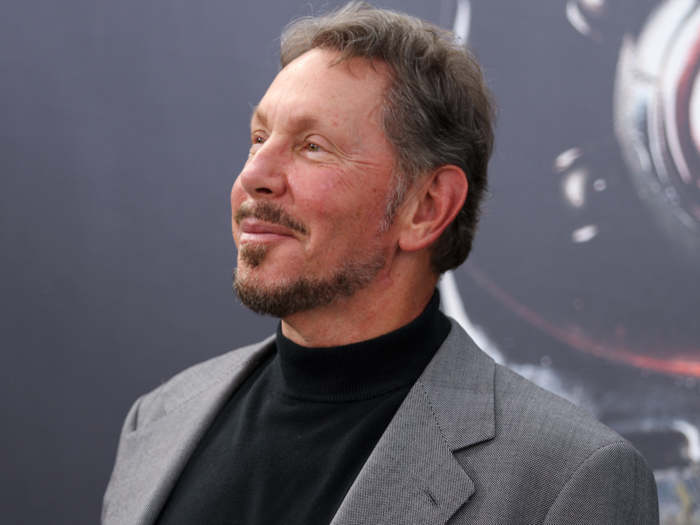
As Dartmouth business professor Sydney Finkelstein describes in his new book, "Superbosses," Oracle executive chairman and CTO Larry Ellison makes a point of only hiring exceptionally talented and extremely intelligent employees, and consequently coached his coached his recruiters to ask new college graduates this question.
If the candidate answered "yes," they'd get hired. If they answered "no," the recruiter would ask, "Who is?" Then they'd try to hire that other person instead, Business Insider previously reported.
According to Finkelstein, superbosses like Ellison are confident enough in their own abilities that they aren't worried about employees outshining them, and they aim to hire people who are more intelligent than they are because those employees will challenge them to come up with better ideas and solutions to problems.
How old were you when you had your first paying job?
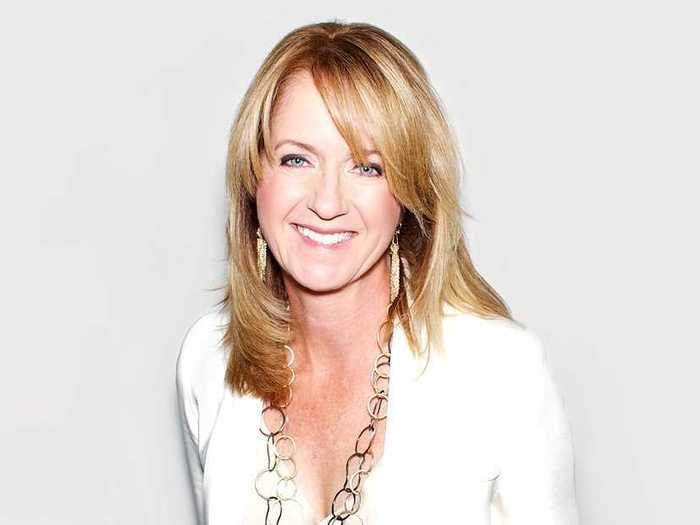
Hannah Paramore, president of Paramore, a Nashville-based interactive advertising agency, told the New York Times' Adam Bryant that this is one of her favorite questions.
"I'm looking for how deeply instilled their work ethic and independence are versus entitlement," she tells Business Insider. "If they worked part time in high school and college because they needed to, especially in jobs that were just hard work, that shows a huge level of personal responsibility. I love people who have to patch success together from a number of different angles."
What motivates you to get out of bed in the morning?
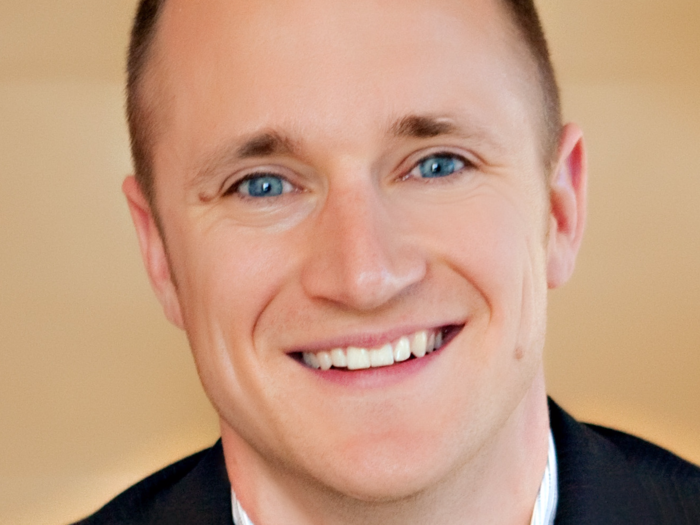
In a New York Times interview with Adam Bryant, Brad Jefferson, CEO of Animoto, a video slide show service, shared his three favorite interview questions.
He especially loves this one about what motivates people because it helps him understand a candidate's passions and what makes them tick. "I really try to get in their head about what's going to keep them going."
Jefferson tells Business Insider that it's important to understand what motivates a person at their core because "there will always be ups and downs in any business, and you want to make sure the person will be equally motivated during difficult times, if not more so."
He says if you "pursue something that you're passionate about with people who motivate you, then work is really fun, even during the difficult times."
If I were to say to a bunch of people who know you, 'Give me three adjectives that best describe you,' what would I hear?
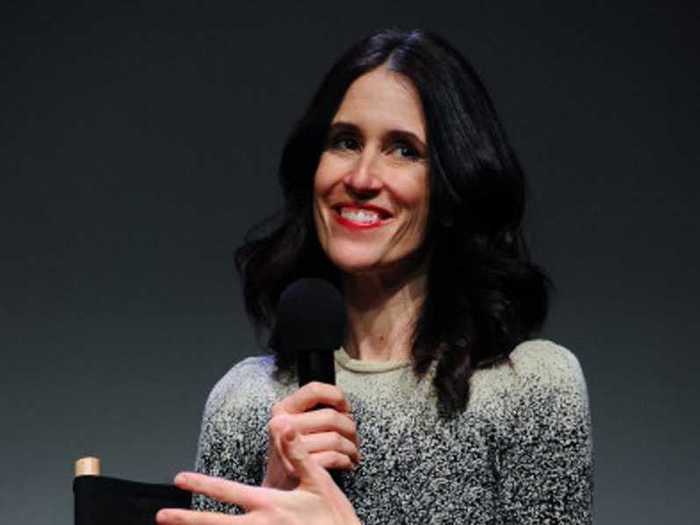
Michelle Peluso, Chief Strategic Advisor to Gilt and Hudson's Bay Company, tells Adam Bryant of the New York Times that this question is far more telling than, "What are you good at?" which is a question she despises.
Here's what she tells each candidate: "OK, I've interviewed an eclectic crowd about you: the guy who delivers your food, the last people you worked with, the person who can't stand you the most, your best friend from high school, your mother's neighbor, your kindergarten teacher, your high school math teacher who loved you, and your last boss." Then she asks: "If I were to say to them, 'Give me three adjectives that best describe you,' what would I hear?"
Peluso says if the candidate gives her three glowing adjectives, she'll remind them that the hypothetical group includes a few people who aren't particularly fond of them.
Can you tell me the story of you prior successes, challenges, and major responsibilities?
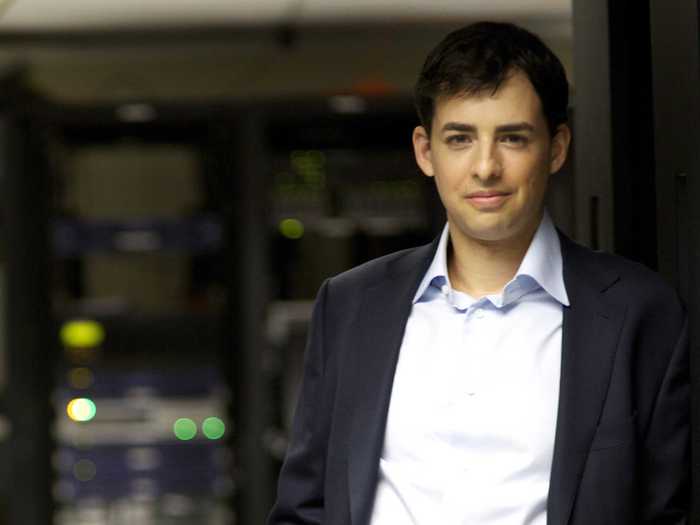
Lonne Jaffe, Senior Advisor to the Board of Directors at software company Syncsort, says in a New York Times interview with Adam Bryant that he always wants to see how well a job candidate can tell a story.
He tells Business Insider that as long as we've had language, storytelling has been a powerful communication tool. "In business, creating a compelling narrative is invaluable for motivating a team, explaining strategic priorities in a way that's easy for others to understand, or communicating complex ideas to customers and prospects. Successful senior-level leaders are good storytellers, and it's also a very useful skill early on in your career."
Jaffe says he recognized the importance of storytelling early in his career while working at IBM. "Storytelling is especially important in the tech industry because technology can be "very complex, and sometimes people find technical details to be somewhat boring," he says.
Can you tell me about a time you ran with a project from start to finish?

Jess Levin, the founder and chief executive of Carats & Cake, an online wedding resource that features curated content and information about vendors, says she asks each and every job candidate this question.
"We are in the service of small businesses and are a true startup ourselves so we look for people who get what it means to do big things without a lot of hands," Levin tells Business Insider.
She says there is no "one size fits all" answer — but she always looks for an example that "communicates independent drive, proactive problem solving, and humility."
"For small, nimble teams, like Carats & Cake, it's so important that everyone shares a desire to be thoughtful and committed to our business and the businesses we work with," she continues. "A sense of humility signals an ability to truly work together and to be open to learning from mistakes and each other."
If we're sitting here a year from now celebrating what a great 12 months it's been for you in this role, what did we achieve together?
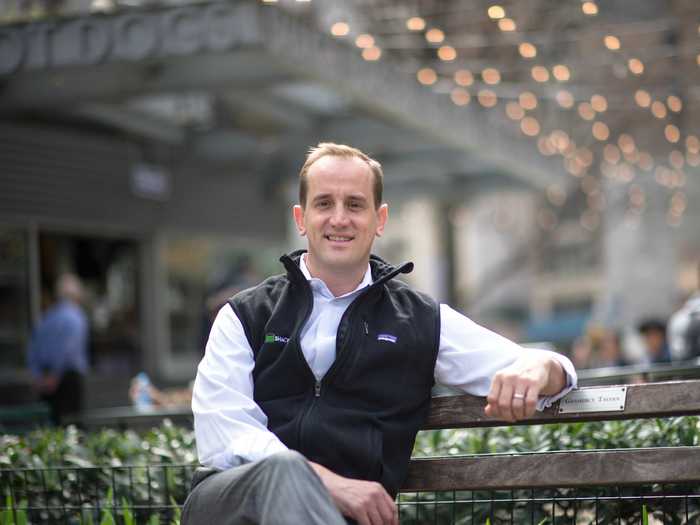
Randy Garutti, the CEO of Shake Shack, tells writer Jeff Haden that he needs to know candidates have "done their homework, truly understand our company and the role... and really want it."
Garutti continues: "The candidate should have enough strategic vision to not only talk about how good the year has been but to answer with an eye towards that bigger-picture understanding of the company — and why they want to be here."
What's your favorite part of your current job?
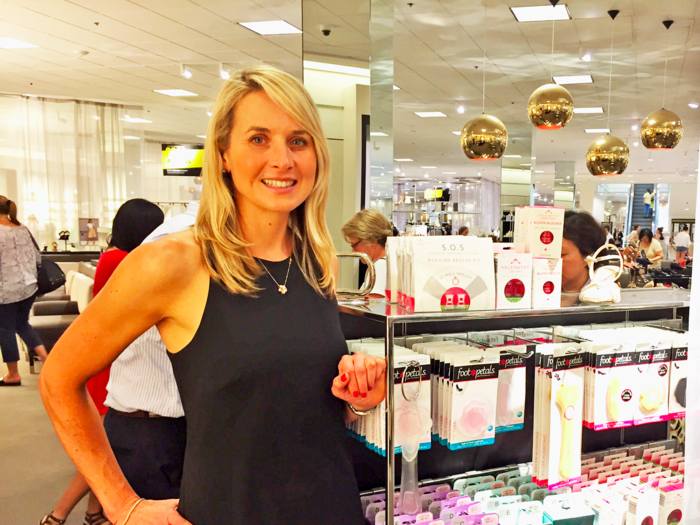
Becca Brown, cofounder of Solemates, a brand of women's shoe care products, says if the candidate is not currently employed, she'll tweak the question and instead ask about the best part of a previous job.
"I want to know what a candidate enjoys doing because not only does it give me insight into who the person is and their personality, but it shows me where I think they can thrive," Brown tells Business Insider. "In general, we all excel when we enjoy what we're doing. If we can harness what a candidate genuinely enjoys doing in their job, it becomes a win-win situation."
What Brown looks for in a candidate's answer is honesty.
What would you do in the event of a zombie apocalypse?
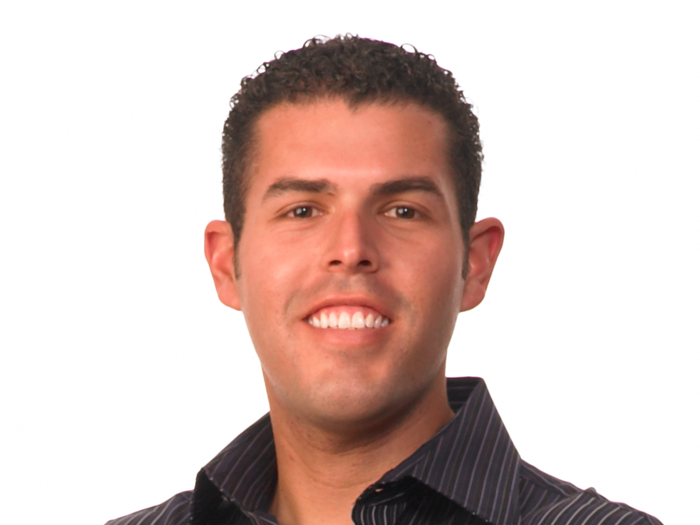
This seems like a ridiculous question to ask, but it's posed to every prospective employee at Capriotti's Sandwich Shop, a national restaurant franchise. Ashley Morris, the company's CEO, says it's the best way to learn how candidates react under pressure.
"There really is no right answer, so it's interesting to get someone's opinion and understand how they think on their feet," Morris explains. "The hope is that for us, we're going to find out who this person is on the inside and what's really important to him, what his morals really are, and if he'll fit on the cultural level."
A hammer and a nail cost $1.10, and the hammer costs one dollar more than the nail. How much does the nail cost?
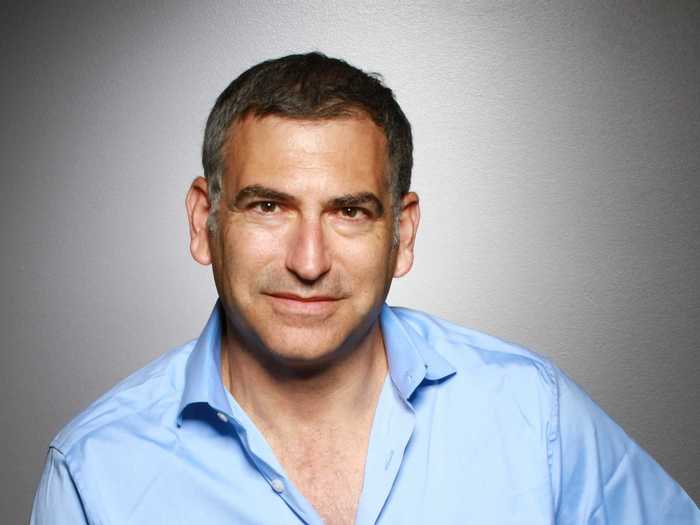
Jeff Zwelling, CEO of job search engine ZipRecruiter, says he often turns to tricky questions during job interviews to get a better sense of who the candidate is.
For example, in the middle of the conversation, he often throws in this curveball math question.
"Some candidates will instantly blurt out 10 cents, which is obviously wrong," he tells Business Insider. "They don't have to get the exact right answer, which is a nickel, but I want to see them at least have a thought process behind it."
Zwelling says he understands that math isn't everyone's forte, but he wants them to realize that "10 cents is too easy of an answer, and that if it was that easy, I wouldn't be asking it."
What is your favorite quote?
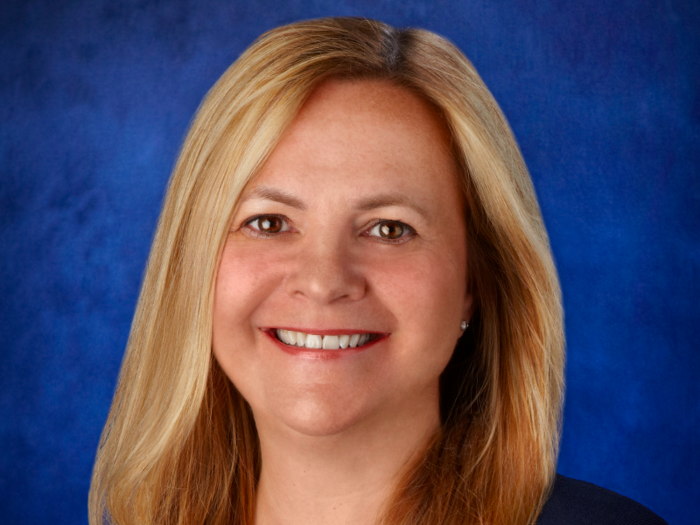
Karen Davis, senior vice president of Global Philanthropy and Social Impact at Hasbro, the toy and game giant, tells Business Insider her work is focused on giving back, so she's looking for candidates with "a true sense of passion and purpose." The quote question, she says, helps her figure out who applicants really are and what they truly care about.
While there's no right answer, Davis is looking specifically for candidates with an answer, reports Business Insider.
"You think about the great leaders in this world, and the ones that we remember most are the ones who have really put themselves out there, trying to invoke change," she says. She wants her would-be hires to be following in those footsteps. "I want to see that somebody has been looking for sources of inspiration."
If you were a consultant what would the sign on your door say?
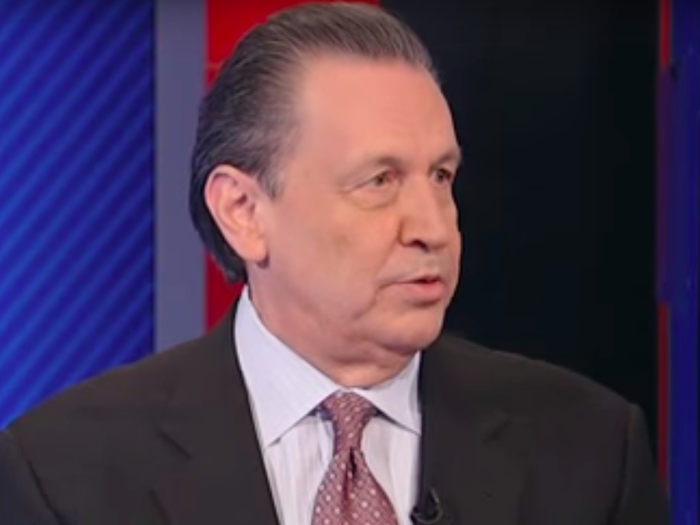
George E. Michel, the CEO of Boston Market, tells Business Insider he asks this to "see what their muscle is, what they excel at, and what value they'll add, or what experience they'll share."
He says what he ultimately looks for in every job candidate is passion for the brand and an ability to articulate why. "I also look for candidates who have relevant experience and stability — and they have to be a culture fit."
The favorite job interview questions of Elon Musk, Richard Branson, and 26 other highly successful executives

Alison Griswold and Vivian Giang contributed to previous versions of this article.
Popular Right Now
Popular Keywords
Advertisement